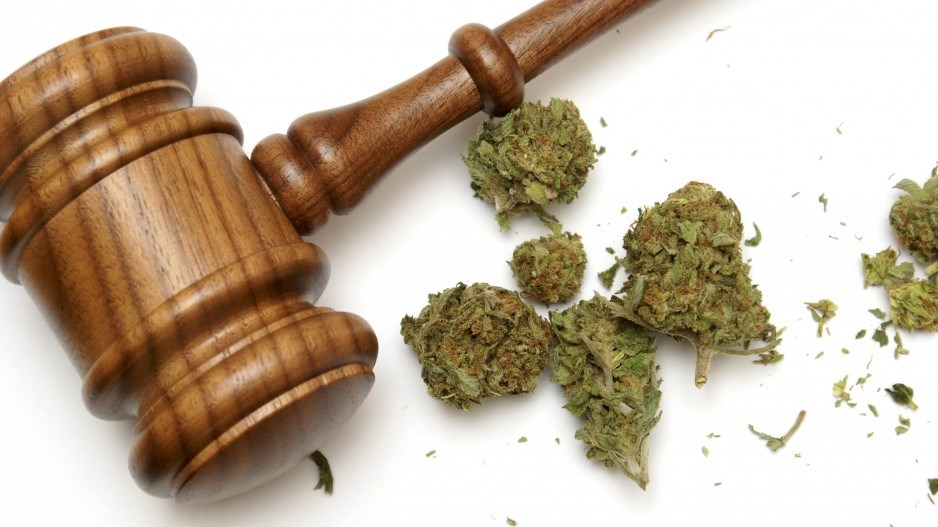Nowadays, a checklist for travellers heading south through the Peace Arch border crossing might include deals on eggs, shoes and – while they can’t admit it to U.S. federal border guards – recreational marijuana.
And with a U.S. market that dwarfs that of his native Canada, Terry Booth doesn’t see why companies north of the border can’t capitalize on the legal weed available to consumers in states like Alaska, Washington and Colorado.
“The pendulum shift is obvious,” said Booth, CEO of Aurora Cannabis. “The States have a bit of a jump on the Canadian cannabis market, so we want to be part of that growth.”
Aurora, which is headquartered in Vancouver, already produces medical marijuana at a facility in Alberta and is among the few companies to receive one of the 25 licences issued by Health Canada under the Marihuana for Medical Purposes Regulations (MMPR).
Although recreational pot is not legal in Canada, Aurora announced April 21 it has entered a partnership to build a facility in Bellingham to produce and process pot for both medicinal and recreational purposes, and lease the space to Washington state licence-holders.
But can a Canadian company bypass federal laws and profit off an industry that’s legal in one jurisdiction but not in the jurisdiction where it’s headquartered?
Booth said Aurora has consulted extensively with Washington state lawyers to make sure everything is on the level.
But B.C. lawyer Kirk Tousaw, who advocates modernizing Canada’s cannabis policies, said he doesn’t believe there is an established legal answer just yet.
“It is certainly odd and the situation is confused further because while it is legal in Washington state, all cannabis sales violate U.S. federal laws, so on a country-to-country level, it remains illegal in both jurisdictions,” he wrote in an email to Business in Vancouver.
Vancouver-based cannabis industry consultant Eric Nash also said it remains to be seen what repercussions a Canadian company could face from federal governments on either side of the border.
“Certainly it may be something [Aurora] can do,” he said. “It really depends on the political climate.”
With federal elections looming in both Canada and the U.S., Nash said too many “what-ifs” and “maybes” remain for Canadian businesses to be certain about the outcome if they get involved in the recreational pot trade, even in a state where it’s legal.
On April 23, federal Health Minister Rona Ambrose sent a letter to Vancouver Mayor Gregor Robertson outlining her concerns about the city’s plans to regulate medical marijuana dispensaries.
“Marijuana is not an approved drug or medicine, and Health Canada does not endorse its use,” she wrote. Ambrose added the MMPR program was only put in place by Health Canada due to a court ruling.
Nash said, “So that’s the government’s stance. You can kind of see the writing on the wall there and what they would think of one of their MMPR-licensed companies going into the rec market in the States.”
@reporton



